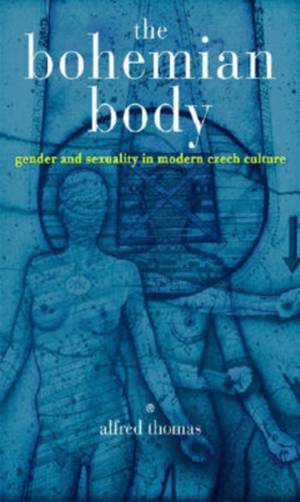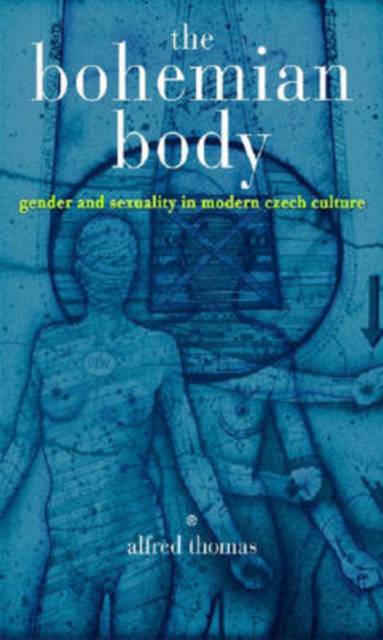
- Afhalen na 1 uur in een winkel met voorraad
- Gratis thuislevering in België vanaf € 30
- Ruim aanbod met 7 miljoen producten
- Afhalen na 1 uur in een winkel met voorraad
- Gratis thuislevering in België vanaf € 30
- Ruim aanbod met 7 miljoen producten
Zoeken
€ 81,45
+ 162 punten
Omschrijving
Examines the modernist forces within nineteenth and twentieth-century Europe that helped shape both Czech nationalism and artistic interaction among ethnic and social groups - Czechs and Germans, men and women, gays and straights.
Specificaties
Betrokkenen
- Auteur(s):
- Uitgeverij:
Inhoud
- Aantal bladzijden:
- 304
Eigenschappen
- Productcode (EAN):
- 9780299222802
- Verschijningsdatum:
- 30/04/2007
- Uitvoering:
- Hardcover
- Afmetingen:
- 161 mm x 234 mm
- Gewicht:
- 521 g

Alleen bij Standaard Boekhandel
+ 162 punten op je klantenkaart van Standaard Boekhandel
Beoordelingen
We publiceren alleen reviews die voldoen aan de voorwaarden voor reviews. Bekijk onze voorwaarden voor reviews.








